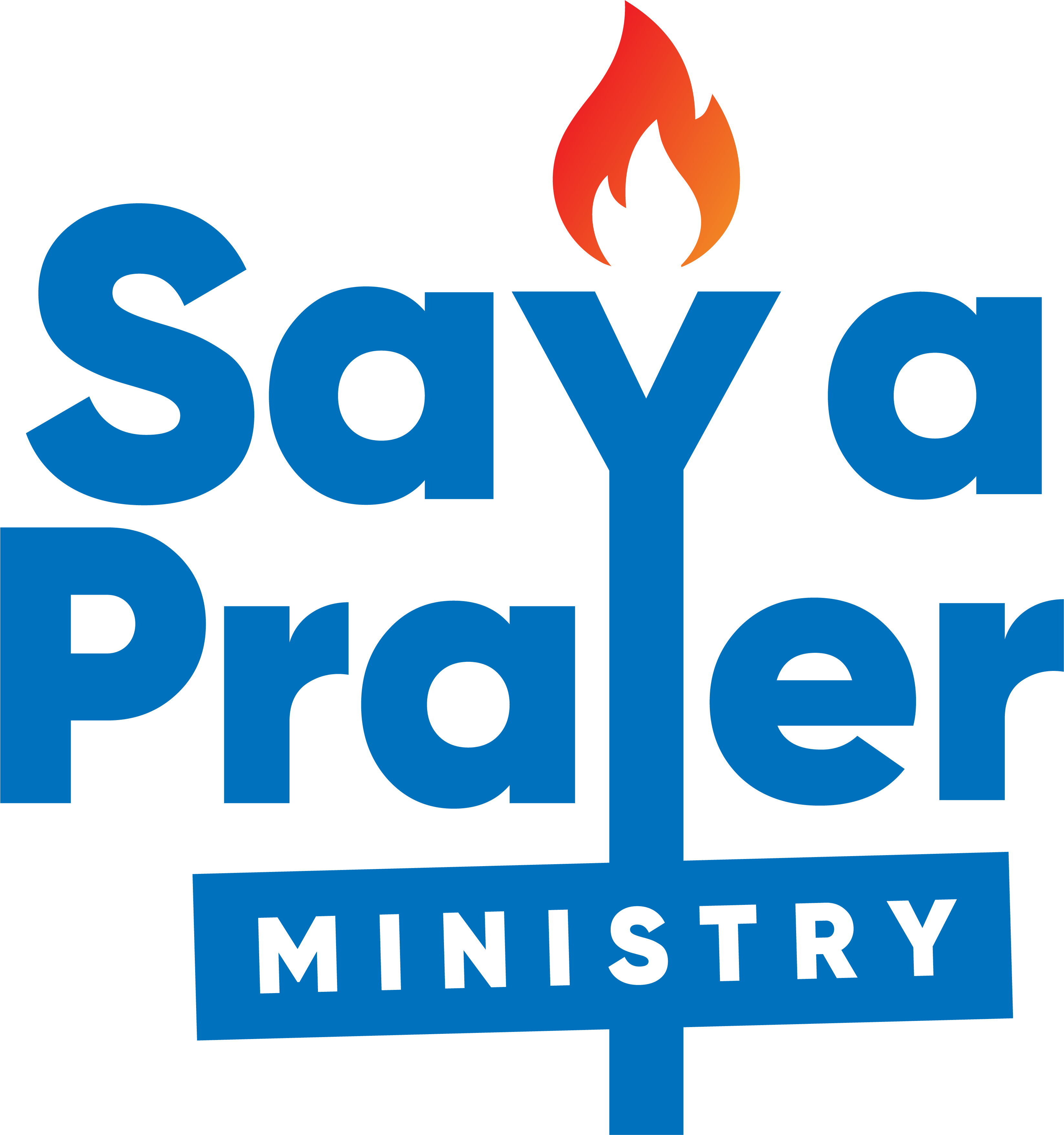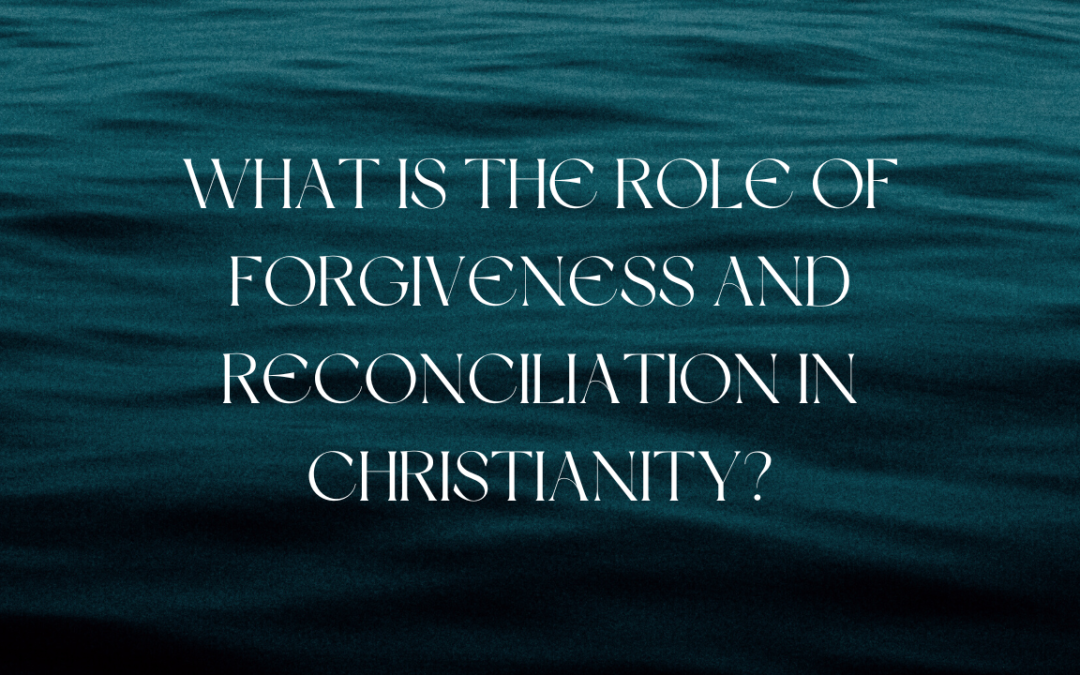Understanding the concept of forgiveness and reconciliation plays a significant role in celebrating Easter and living life as a Christian. Forgiveness and reconciliation are necessary for spiritual growth and healing, both individually and communally. In this week’s blog, we will explore the role of forgiveness and reconciliation in Christianity and how they are tied to the significance of Easter. As Christians around the world celebrate the Easter season, it is an opportune time to reflect on the importance of these concepts in our faith.
Let’s start by providing a simple definition of these two concepts. Forgiveness is simply making the intentional decision to let go of the resentment you may feel against someone who has wronged you. The concept of forgiveness is also related to reconciliation which is the process of restoring a broken relationship between two parties.
The Bible teaches us that God is a God of forgiveness and that He offers it freely to those who repent of their sins and turn to Him. In fact, forgiveness is so central to the message of the gospel that when Jesus himself taught us how to pray, he said “Forgive us our sins, as we forgive those who sin against us” (Matthew 6:12). This demonstrates that forgiveness is not only something that we are to receive but also something that we are to extend to others.
One of the most powerful examples of forgiveness in the Bible is the story of Joseph in the Book of Genesis. Joseph’s brothers had sold him into slavery out of jealousy, but years later, when they came to him in Egypt seeking food during a famine, Joseph forgave them and even helped them. When his brothers expressed fear that he might seek revenge, Joseph replied, ‘Don’t be afraid. Am I in the place of God? You intended to harm me, but God intended it for good to accomplish what is now being done, the saving of many lives’ (Genesis 50:19-20).
Similarly, Jesus demonstrated the ultimate act of forgiveness and reconciliation when he died on the cross for our sins. Through His sacrifice, He made a way for us to be reconciled to God and to one another. In his final moments on the cross, Jesus prayed, ‘Father, forgive them, for they do not know what they are doing’ (Luke 23:34). This act of forgiveness and reconciliation is at the heart of the reason we celebrate Easter. Through Christ’s resurrection, we are assured that our sins are forgiven and that we have been reconciled to God. As the apostle Paul writes in 2 Corinthians 5:18-19, “All this is from God, who reconciled us to himself through Christ and gave us the ministry of reconciliation: that God was reconciling the world to himself in Christ, not counting people’s sins against them”.
In addition to being central to our relationship with God, forgiveness and reconciliation are also essential for our relationships with one another. The Bible teaches us that we are to forgive one another just as Christ has forgiven us (Colossians 3:13) and that we are to seek reconciliation with those whom we have wronged (Matthew 5:23-24). By doing so, we demonstrate the love and grace of God to those around us and create a more peaceful and harmonious community.
Understandably so, forgiveness and reconciliation are not always easy. But through the help of the Holy Spirit that lives and works in us, we are able to humble ourselves in a posture of vulnerability and let go of anger and resentment. We are called to forgive as we have been forgiven, to reconcile with others as Christ has reconciled with them. This part of our faith is essential for the spiritual growth and healing of a believer.
In conclusion, forgiveness and reconciliation are integral to the message of Christianity and are exemplified by the death and resurrection of Jesus Christ. As we celebrate this season of Easter, may we be reminded of the importance of extending forgiveness to others and seeking reconciliation in our relationships. May we also be grateful for the forgiveness and reconciliation that we have received through Christ’s sacrifice, and may we live lives that reflect the love and grace of God to those around us.
Till next time,
Remember that forgiveness is available to everyone.
Happy Easter!


